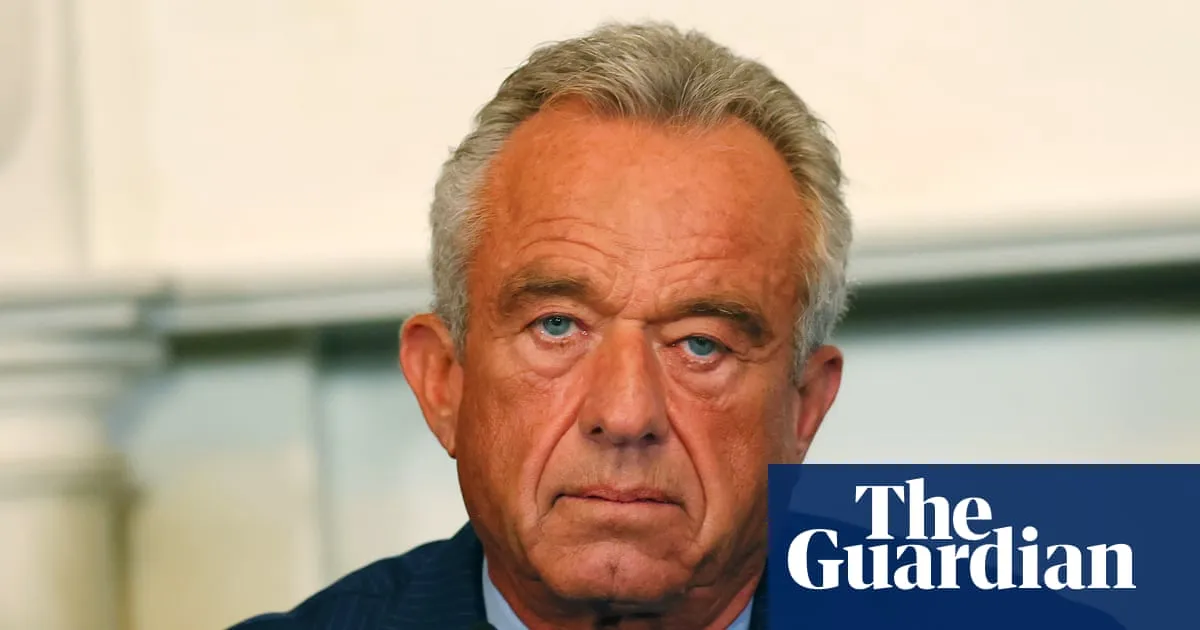
In a significant move, Robert F. Kennedy Jr., the newly appointed US health secretary, will formally mandate that vaccine manufacturers eliminate thimerosal from their products. This decision comes after years of controversy surrounding the preservative, which has been a focal point for anti-vaccine campaigns and widespread misinformation.
Thimerosal, an ethylmercury-based preservative, has been utilized in vaccines since before World War II. It was originally phased out of most childhood vaccines in 1999 as a precautionary measure, despite the lack of scientific evidence demonstrating any harm from its use. Currently, thimerosal is found in only about 5% of adult influenza vaccines in the United States, serving as a critical safeguard against contamination in multi-dose vials.
In June, a pivotal federal vaccine advisory panel, remade with Kennedy’s ideological allies, recommended the removal of thimerosal, a decision that is now set to take effect upon Kennedy’s signature. This recommendation was controversial, especially since it followed Kennedy’s decision to dismiss all 17 members of the Centers for Disease Control and Prevention’s (CDC) advisory committee on immunization practices.
In a statement announcing this decision, Kennedy expressed that “after more than two decades of delay, this action fulfills a long-overdue promise to protect our most vulnerable populations from unnecessary mercury exposure.” He emphasized that “injecting any amount of mercury into children when safe, mercury-free alternatives exist defies common sense and public health responsibility. Today, we put safety first.”
It is important to note that ethylmercury, the type of mercury found in thimerosal, is different from methylmercury, which is present in seafood. Ethylmercury has a much shorter half-life in the human body. For context, a typical flu vaccine contains about 25 micrograms of ethylmercury, which is significantly less than the approximately 40 micrograms found in a 3oz serving of canned tuna fish.
The decision to phase out thimerosal has drawn criticism from experts who argue that the scientific evidence did not support its removal. Critics claim that this decision may have inadvertently fueled the anti-vaccine movement. The renewed focus on thimerosal and its removal is likely to complicate the global landscape for vaccine manufacturers.
As Kennedy stated, “With the US now removing mercury from all vaccines, we urge global health authorities to follow this prudent example for the protection of children worldwide.” This call to action reflects his intent to align US vaccine policy with global health standards.
The removal of thimerosal from vaccines is a pivotal decision that underscores ongoing debates regarding vaccine safety and public health policy. As this decision unfolds, it will be crucial to monitor its implications for both domestic and international vaccine practices.